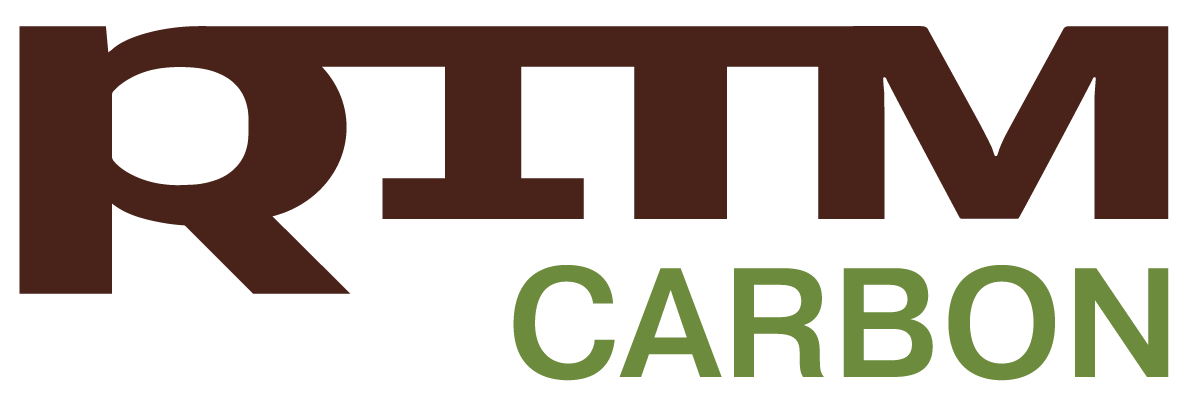The Ecosystem Geoinformatics Lab at the Yugra State University gave a presentation. The youth laboratory created in 2022 as part of the Science and Universities national project with the support of the Russian Ministry of Education and Science, studies climate. During the year, the material and technical basis was prepared and the first field season was conducted. Today, the employees are actively working on the implementation of the key innovative government project and participate in the implementation of the Carbon Polygon federal project.
The opening speech was delivered by Roman Kuchin, Yugra State University rector, who addressed the participants:
“Today’s material and technical base, new opportunities for the implementation of global projects, including the creation of a Carbon Data Center in our region, new areas of activity – all this allows us to attract young and promising researchers and scientists to the region. Thanks to such initiatives, we are taking Yugra’s human capital to a qualitatively new level.”
Elena Lapshina, director of the Environmental Dynamics and Global Climate Change UNESCO REC Department, noted that when the department was first created, more than 10 years ago, no one even thought or imagined how relevant and in demand it would become: “And today we yet again start our journey. The development of research using unmanned vehicles requires specialists to develop additional professional skills. This brought the idea of creating a new program at the Yugra State University – Cartography and Geoinformatics.
“We are now developing an educational program, we plan to open a major that will be devoted to gismapping, the basics of geoinformatics, UAVs, and we will teach our students the competencies in the field of digital solutions for the oil and gas industry and forestry,” shared Tatiana Antyufeeva, head of the Higher Ecological School of the Yugra State University. According to her, this program arose based on the needs of the employers and partners of Yugra: Yugra Service for Supervision of Natural Resources, V. I. Shpilman Research and Analytical Centre for the Rational Use of the Subsoil, Yugra Research Institute of Information Technologies, Federal National State-Funded Institution Roslesinforg.
Daniil Ilyasov, head of Laboratory, spoke about the idea of creating the Ecosystem Geoinformatics Lab, its goals and objectives, methods and equipment used, the first results and prospects. The Yugra State University is one of several universities participating in the youth laboratories project. In addition to training young specialists, the activities of the Ecosystem Geoinformatics Lab are aimed at using remote sensing and mathematical modeling methods to ensure that all the data that will be collected under this global network in Russia can be summarized and interpreted in space and time.
For reference: Russia has ratified the Paris Agreement, and by 2030 has committed itself to achieving greenhouse gas emissions of no more than 70% of 1990 levels. In order to achieve such a result, all the sources of greenhouse gases shall be inventoried – the natural budget of our country shall be assessed. It is important to know the role of forests, wetlands, industry and other aspects of our activities.
“Swamps play a special role here. Despite their high spatiotemporal variability, they contain huge reserves of turf. This is a valuable resource that has been accumulating over the last 10 thousand years, and losing it now would be very dangerous. We will not be able to quickly adapt to these climate changes and must take care of modernizing our agricultural activities, modernizing the approaches used in industry and mining,” shared Daniil Ilyasov.
In this regard, from 2022 Russia has launched a project to create a unified national system for monitoring climatically active substances, including greenhouse gases. It will ensure the generation of reliable and internationally recognized scientific data for assessing anthropogenic and natural flows of climatically active substances in Russia. Data obtained through the national monitoring system will help improve the quality of management decisions when adapting the Russian economy to climate change, which includes the quality of life of citizens. In the future, they will be used to adjust the activities of the implementation plan for the Low-Carbon Development Strategy until 2050.
Aleksandr Kaverin, junior researcher at the Laboratory, spoke about the prospects for implementing the laboratory’s scientific projects, with account to what is already being implemented and in which projects the laboratory has already had a chance to participate, as well as possible projects with the participation of the university’s partners, noting that 2023 is fundamental in the development of UAVs.
“In 2024, by order of Russian President Vladimir Putin, a national project will be created for the development of unmanned aircraft in Russia. At the moment, Yugra is part of the regions participating in the program of an experimental legal regime in the field of digital innovations for the operation of unmanned aircraft systems,” emphasized Aleksandr.
Aleksandr Aleksandrovich noted that the Laboratory actively interacts with universities and scientific groups in other regions. During the 2023 field season, joint research was carried out with the Moscow State University on annual field measurements of methane and carbon dioxide flixes in the Dorokhovo swampy forest in the Moscow Oblast, mapping of these forests, including with the use of UAVs, as well as with the Ufa Institute of Biology at the Ufa Federal Research Centre of the Russian Academy of Sciences (UFRC RAS) on Measuring greenhouse gas fluxes, changes in the properties of plant and soil covers of flooded peatland.
The second part of the meeting was devoted to a tour around the laboratory, during which the equipment with a set of UAVs, high-performance workstations, a remote sensing database with an information storage server, and an office equipped with interactive demonstration tools were demonstrated to the visitors. In addition, those interested were able to become a drone operator in the simulator.
Source: https://www.ugrasu.ru/news/carbon-polygons/prezentatsiya-laboratorii-geoinformatiki-ekosistem/
